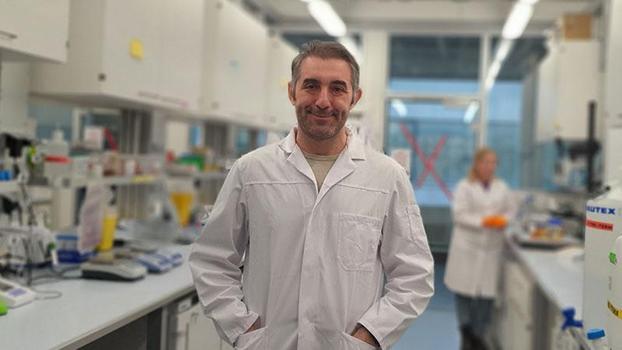Plastic pollution surrounded Antarctic
Greenpeace has determined many microplastic and harmful chemicals in the Antarctic Ocean that cause plastic pollution.

Greenpeace has carried out a number of scientific investigations into the region at Arctic Sunrise in the Antarctic Ocean as part of the "Protect the Antarctic Ocean" campaign, which was launched to establish the world’s largest protected area.
Greenpeace's research to learn more about biodiversity and pollution in the Antarctic region at the beginning of 2018 .Seven of the eight seawater samples that were tested contained microplastics, with at least one microplastic fibre per litre.
Greenpeace said, “Also harmful chemicals were found in the samples of snow collected in Antarctica. Harmful chemicals were found in seven of the nine snow samples” and added:
“Experts say that the chemicals are derived from industrial production and consumption.”
“The findings confirm the presence of persistent microplastics and hazardous and persistent chemicals (PFASs) in remote regions around the Antarctic Peninsula and the Bransfield Strait, including in areas that are being considered for protection because of their importance for wildlife.”
"Microplastics with small plastic particles added to daily cosmetic products such as facial cleansing gels, toothpaste, go through the washbasin and mix into the clean-up system.”
“These plastic pieces, which have a diameter of 5 mm or less ,may appear harmless and can contain 360,000 microplastic particles even in a single tube face cleaner.”
“The distinguishable parts of the plastic garbage entering the ocean vary between 4.8 and 12.7 million tons per year.”
“Microplastics, have very severe effects on marine life, including sea birds and sharks. "
After the findings, Greenpeace's "Protect the Antarctic Ocean" campaign responsible Frida Bengtsson said:
“We think that the Antarctic Ocean is a remote, untouched area.However, the research that we do reveals that the ocean faces many threats such as plastic pollution, climate change and industrial fishing, which are caused by people.”
“The results show that even the most distant ecosystems of the Antarctic Ocean are contaminated with micro-plastic wastes and harmful chemicals.
“We have to act quickly to protect the Antarctic Ocean and we must make do our best for declared Antarctic Ocean that the world's largest protected area.”





